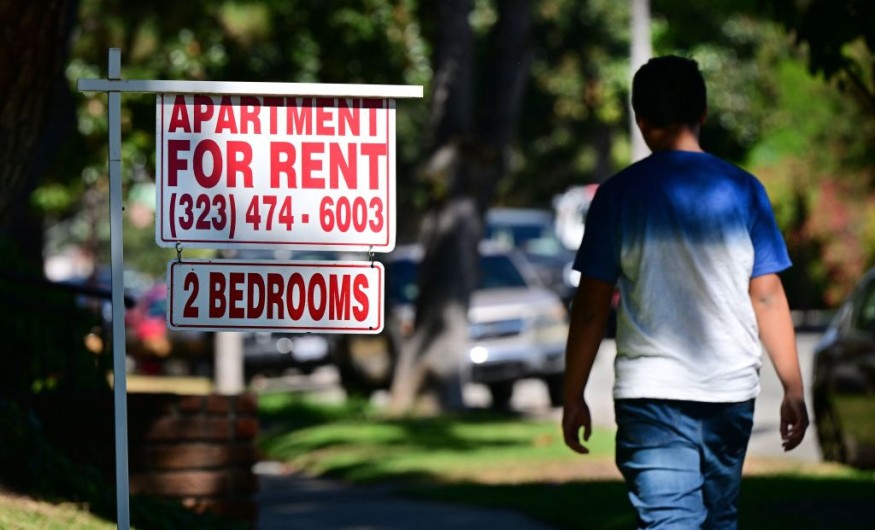
Being a landlord may sound easy enough. For some, they believe being a landlord only involves purchasing a property and renting it out to tenants to earn money.
While rental properties are a great way to earn money, it can also be a costly endeavor for landlords who do not do proper research. If you're considering becoming a landlord, here are five common mistakes to avoid.
1. Not Running Background Checks
As anxious as you are to get a paying tenant, failing to run a background check on prospects may lead to a costly mistake. When you receive an application, spend some time checking the prospective tenant's credentials first.
There are standard rental application forms available online that would give you the information you need to obtain a credit report on each prospect. Their credit report will indicate their history in handling financial obligations as well as verify their employers and former landlords.
2. Not Preparing for Costs
As a landlord, you are responsible for keeping your property well-maintained. As such, make sure you are charging enough in rent to cover ongoing maintenance costs. However, keep in mind that major one-time costs, such as repairing any structural damage, will come out of your pocket.
3. Asking Discriminatory Questions
Under the federal Fair Housing Act of the Civil Rights Act of 1968, a landlord cannot ask questions that may suggest discriminatory intent during the screening process. In addition, landlords cannot deny a prospective tenant's application based on their familial status, gender identity, national origin, race, religion, and sexual orientation.
Violating the Fair Housing Act could incur you a maximum civil penalty of $16,000 for the first violation, $37,500 if a previous violation has occured within the preceding five-year period, and $65,000 if two or more violations have occured within the preceding seven-year period.
Apart from the Fair Housing Act, many state and local governments have additional protections that you want to become familiar with.
4. Not Enforcing Lease Agreements
Before a tenant moves into the apartment, they sign a lease agreement that contains the following information: the amount of rent, when the rent is due, penalties for late rent payment, and terms of tenancy.
If your lease indicates that pets are not allowed but your tenant adopts a cat, be sure to enforce the penalty as stated in the agreement. Failing to enforce the penalty may lead your tenants to repeatedly violate the terms.
5. Not Knowing When To Hire Help
If your apartment building has multiple tenants or if you lack the time and skills to handle all the details of your rental business, hiring a professional property management company could be well worth it.
The management company will, of course, take a chunk of your profits in return for their services. However, they will help ensure that tenants pay their rent on time and the property is well-maintained. Some companies also vet and run background checks on prospects.
© 2026 Realty Today All rights reserved. Do not reproduce without permission.



